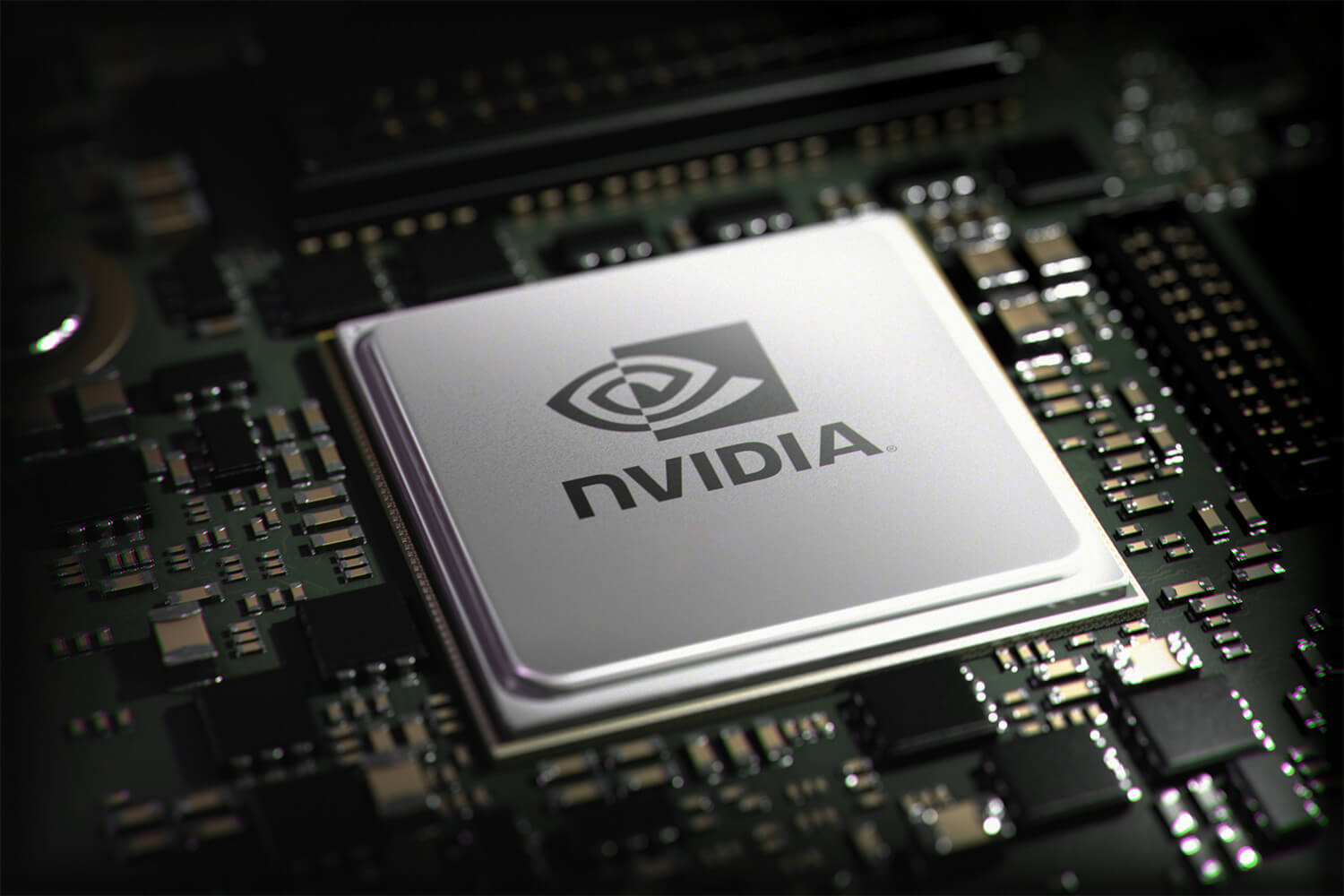
Nvidia boss Jensen Huang has become the latest expert to declare that Moore’s Law is dead. Speaking at the GPU Technology conference in Beijing, China, the CEO also said that advancements in graphics processors mean GPUs will soon replace CPUs, DigiTimes reports.
For those unfamiliar with the term, Moore’s Law is the name given to an observation made by Intel co-founder Gordon Moore in 1965. He noted that the number of transistors per square inch on a dense integrated circuit doubled every year, and predicted the trend would continue in the future. He later revised this to every two years.
Speaking on the topic of “AI: Trends, Challenges, and Opportunities,” Huang claimed to be the first boss of a major semiconductor company to announce the death of Moore’s Law. He believes GPU computing capability and neural network performance are developing at a faster pace than what Moore's observation states.
Huang noted that while CPU transistors have grown at a rate of about 50 percent annually, performance has only increased by 10 percent. He added that designers can hardly work out more advanced parallel instruction set architectures for CPUs, therefore these processors will soon be replaced by GPUs.
Huang also said that Nvidia's GPUs are the perfect solution for AI-based applications, suggesting he believes GPUs are set to play a larger role in certain aspects of computing, rather than replacing desktop CPUs completely.
Unsurprisingly, Intel disagreed with Huang’s comments. "In my 34 years in the semiconductor industry, I have witnessed the advertised death of Moore’s Law no less than four times. As we progress from 14 nanometer technology to 10 nanometer and plan for 7 nanometer and 5 nanometer and even beyond, our plans are proof that Moore’s Law is alive and well," said CEO CEO Brian Krzanich last year.
https://www.techspot.com/news/71172-nvidia-boss-moore-law-dead-gpus-soon-replace.html